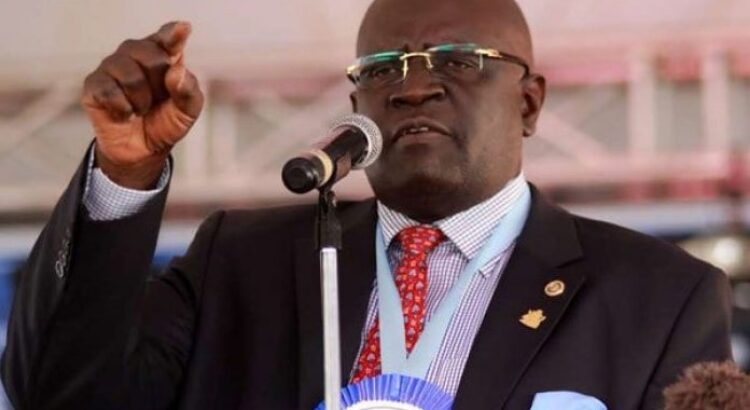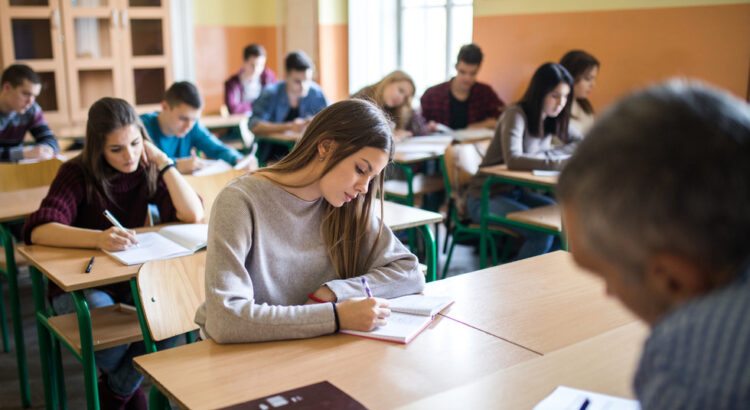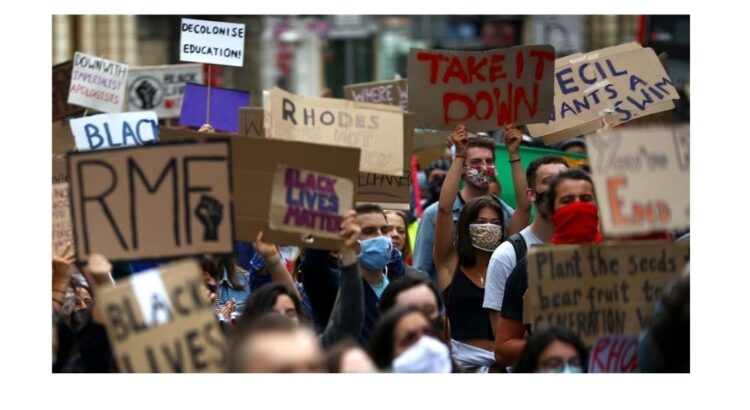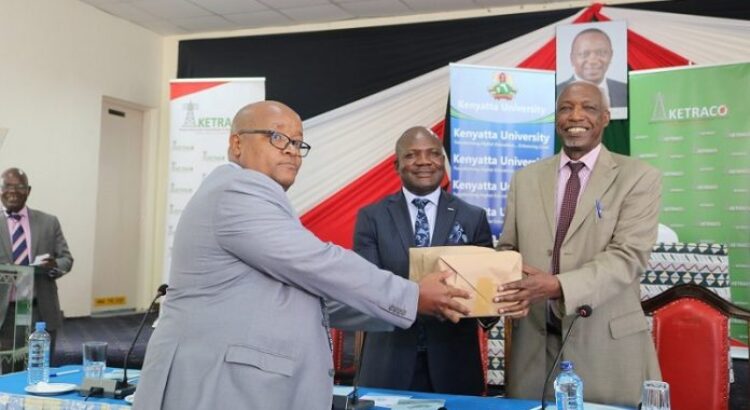The explosion of ‘cancel culture’ and the social justice mindset on college campuses across the US was inspired by social media, where the idea of creating digital ‘safe spaces’ without ‘trolls’ has invaded the real world.
For those born around 1995, this column will likely be filed away under the heading: ‘Aging Generation X-er with No Clue Rails against Evils of Social Media.’ And I suppose there may be some truth to that claim. After all, the greater part of my life – like that of many other people – was spent without access to handheld technologies and the endless apps, add-ons and what-nots. The reason is not because I lived on an island, or was born among the Amish, but because such technologies were not around in my time. In other words, the youth of Generation X was more defined by Alexander Graham Bell than Steve Jobs.
Today, the ‘reality’ for those born after 1995 – the so-called ‘Generation Z’ – is radically different from those born just a decade earlier, since they have had an intimate relationship with the Internet practically since birth. It would be naïve to think this age demographic – many of whom were nurtured on social media – would reach adulthood with the same set of attitudes, values, and worldview as their predecessors. What’s shocking is just how different they really are.
Starting in 2014, just as Generation Z was entering college, a strange new phenomenon began surfacing on campuses across the country. Students, who are traditionally the staunchest defenders of free thought and the least likely to be prudes, began tossing around vague concepts carried over from the internet, such as ‘safe spaces,’ ‘microaggressions,’ and ‘getting triggered.’
A 2014 article in The New Republic shed an early light on this encroaching mentality: “What began as a way of moderating internet forums for the vulnerable and mentally ill now threatens to define public discussion both online and off,”wrote Jenny Jarvie. “The trigger … signals not only the growing precautionary approach to words and ideas in the university, but a wider cultural hypersensitivity to harm and paranoia about giving offense.”
But instead of adjusting their sails for the approaching tsunami of tears, universities broke with a thousand-year-old academic tradition, allowing the feelings and emotions of misguided adolescents to supersede the wisdom and reasoning of the educators. In fact, the world of academia not only failed to stop the flood, but, due to its own extreme liberal bent, helped to aggravate the strife by blaming the perceived ills of the world on some select bogeymen. More often than not these were dead white guys, members of a clan known as ‘the patriarchy’ that thrives today on its so-called ‘white privilege.’ Thus, college campuses are now riddled with angst and activism to the point that even the rules of English grammar and mathematics have become suspect.
Perhaps the greatest casualty from this radical makeover, however, is the trust that had been cultivated over the centuries between student and teacher. Professors today are hypersensitive to the grim fact that they may lose their job for doing or saying something ‘offensive’ that violates the rules of politically correctness. At the same time, many colleges are now extremely hesitant about inviting controversial speakers to their campus for fear of ‘triggering’ their students and inciting protests.
The intellectual bubble that now encapsulates the college campus mirrors the reality on social media, where users have a strong tendency to mingle with only those individuals who share their worldview. Whenever some annoying outsider with a different opinion attempts to ‘troll’ them, canceling that person and their alternative views is as easy as ‘unfriending’ them. Meanwhile, there is a certain status and feeling of moral superiority that comes from ‘canceling’ some heretic that has fallen afoul of political correctness.
In the 2018 book ‘The Coddling of the American Mind’, Greg Lukianoff, the president of the Foundation for Individual Rights in Education, and Jonathan Haidt, a social psychologist, argue that the digital constructs of ‘safe spaces’ have done far more harm than good.
“Social media has channeled partisan passions into the creation of a “callout culture,” Lukianoff and Haidt argue. “New-media platforms and outlets allow citizens to retreat into self-confirmatory bubbles, where their worst fears about the evils of the other side can be … amplified by extremists and cyber trolls intent on sowing discord and division.”
According to Lukianoff and Haidt, Generation Z’s fierce aversion to controversial and even shocking information means that college campuses have become “more ideologically uniform,” thereby hindering the ability of “scholars to seek truth, and of students to learn from a broad range of thinkers” as historically has been the case at university.
The problem with allowing cancel culture to take root on social media and the university in the first place is that American society is now confronted with a mammoth weed on its front lawn. And while most people agree it is a problem, at the very least an eyesore, those who propose solutions risk being canceled themselves.
Last month, for example, 150 public figures, including Noam Chomsky, Salman Rushdie and JK Rowling attracted anger and ridicule after they signed a letter that called out ‘cancel culture.’ In part, the letter warned that the “restriction of debate, whether by a repressive government or an intolerant society, invariably hurts those who lack power and makes everyone less capable of democratic participation.”
Not only were these left-leaning signatories extremely late to the game, they themselves have been accused of attempting to silence voices, mostly conservative ones, they did not agree with. Others, like Jennifer Finney Boylan, actually apologized to the mob for endorsing the milquetoast proposals put forward in the letter.
The tragic irony is that Western civilization, which was constructed on the free flow of ideas, is no longer capable of even pointing out problems without attracting scorn and derision. Such a repressive atmosphere, endorsed by ideologues that listen only to the voices inside their own heads, is severely threatening future progress. If this dangerous new tendency is not confronted head on and brought under control, it will be Western civilization itself that eventually finds itself ‘canceled’ due to its inability to evolve.
Source and Image: https://www.rt.com/op-ed/496957-us-university-social-media/













 Users Today : 72
Users Today : 72 Total Users : 35459978
Total Users : 35459978 Views Today : 96
Views Today : 96 Total views : 3418561
Total views : 3418561